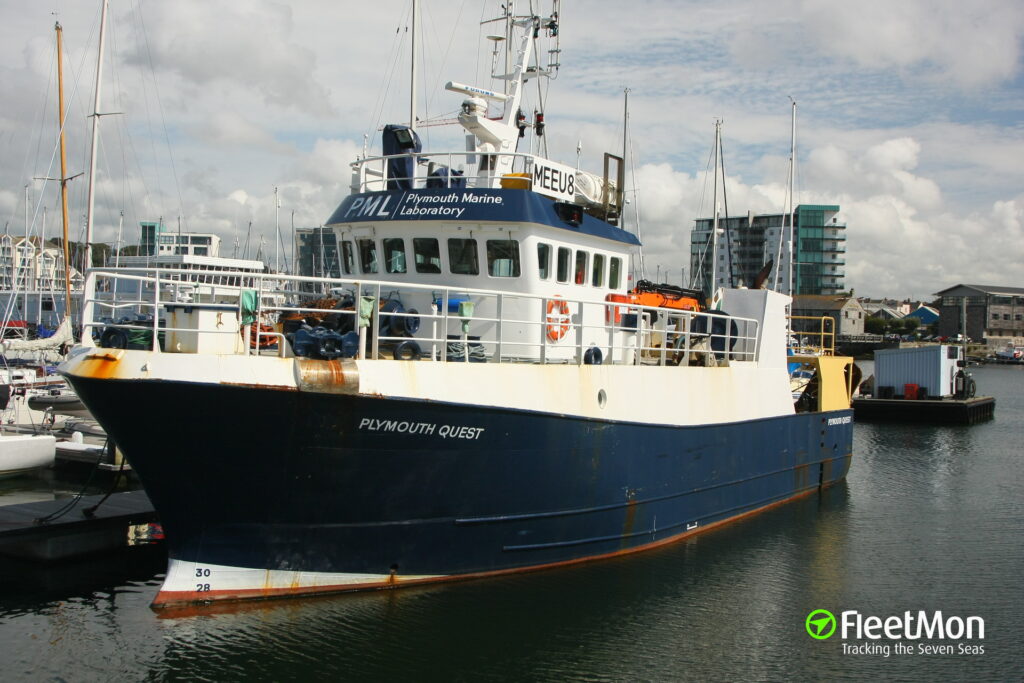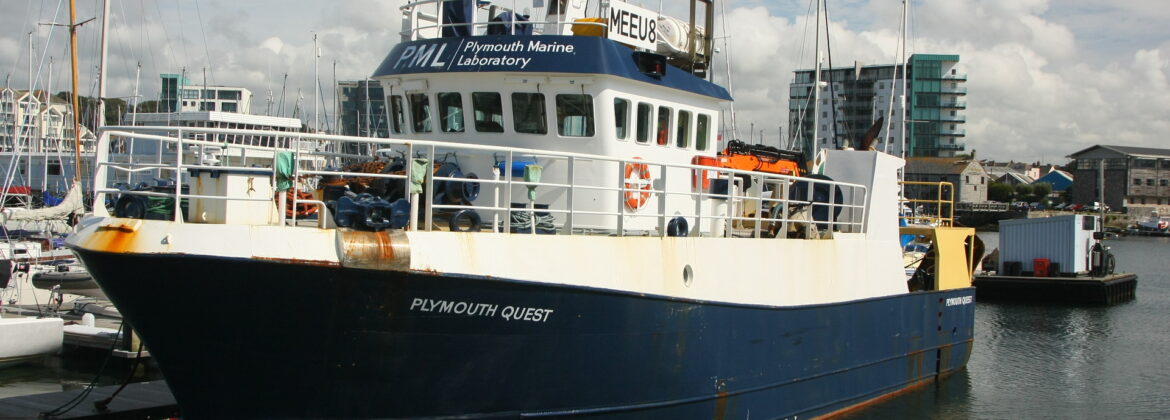Ever since tech giant IBM joined hands with ProMare and the Finnish Wärtsilä to develop one of the world’s full autonomous ships, the internet has been abuzz with their activities.

The Mayflower Autonomous Ship (MAS) is one of the most high-profile initiatives striving to revolutionise a 10,000-year-old transportation format. Any breakthrough in this project has the possibility to massively transform the way commercial shipping operates.
Drones have replaced traditional jets in the sky. Tesla’s autonomous cars are disrupting the automobile industry. So now, the question arises: Why don’t we see the same on our waters?
While at sea, ships face far more extreme operating conditions and patchier connectivity. The push for fully autonomous shipping has generally received less attention and investment than other transport sectors, but this might soon change, according to market analysts. By 2030, the $90 billion autonomous shipping industry is poised to grow to a massive $130 billion valuation, highlighting the increasing need for such innovations. Backed by wind and solar energy and thanks to some of IBM’s groundbreaking innovation in the field of computer technology, Mayflower is now equipped with satellite navigation systems, oceanographic and meteorological instruments, sonar, radar, and lidar.
The tech giant’s vision recognition systems will track down other ships, debris, whales, and icebergs, whilst being commanded by an AI-enabled captain in the journey from Plymouth, England to Plymouth, Massachusetts, USA.
UK owned research vessel Plymouth Quest will be hosting the AI captain of the Mayflower project whilst in the trials, starting Sep 16. After successful completion, the ship will attempt to cross the Atlantic in Spring 2021 with no humans on board, as said by a senior IBM spokesperson.

photo credits: IBM
MAS will trace the route of the original 1620 Mayflower to commemorate the 400th anniversary of the famous voyage. The futuristic vessel will be officially unveiled on September 16, the exact day of the Mayflower departure.
After that, it will go on several voyages and missions over the next six months ahead of a transatlantic voyage in April 2021.
During the transatlantic voyage, the vessel will measure microplastic levels at various coordinates of the ocean as well as the algal bloom quantity, the pH of the water, and the oxygen level.
News credit to FleetMon
Here© Copyright 2020 Chairborne Global Service Limited. All Rights Reserved. Built by Wapsoft.
Terms & Conditions | Privacy Policy | Cookie Policy

